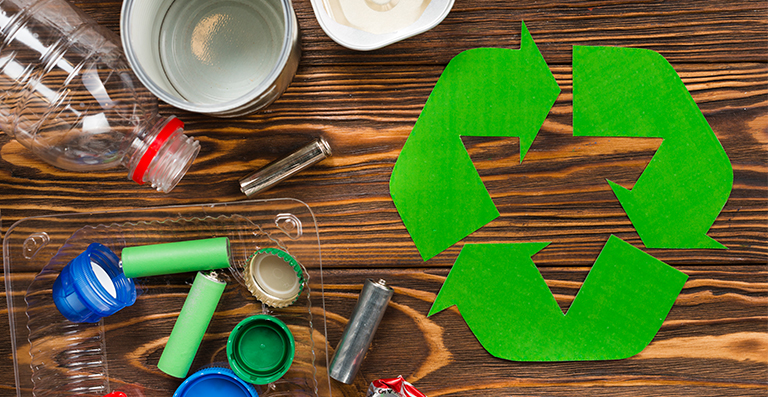Plastic recycling has changed into a crucial facet of spend managing in your modern planet. Since we grapple together with the environment effect of plastic contamination, recycling supplies a encouraging solution. Here’s everything you should learn about plastic recycling:
1. Forms of Plastic: Not every plastics are created equal. They may be grouped depending on their resin detection program code, commonly located on the bottom of storage containers. These codes vary from #1 to #7, every which represents an alternative kind of plastic. Animal (Top) and HDPE (#2) will be the most often reused plastics, while some like Pvc material (#3) and PS (#6) are less typically re-cycled because of their formula.
2. Collection: Plastic recycling starts with series. This may be through curbside recycling courses, decline-off locations, or professional selection campaigns. After gathered, plastics are categorized depending on their resin type to enhance the recycling method.
3. Working and Finalizing: Right after assortment, plastics are categorized into individual categories. Sophisticated searching systems like infrared devices and handbook searching assist in this procedure. After sorted, plastics are cleansed to get rid of any pollutants like food deposits or tags. Then, they can be shredded into tiny parts and melted to produce pellets.
4. Reprocessing: The pellets extracted from melted plastic recycling could be used to produce a number of merchandise, from packaging supplies to textiles. This reprocessing stage is very important in conclusion the loop of your plastic lifecycle, minimizing the need for virgin plastic manufacturing and conserving assets.
5. Challenges: Regardless of its relevance, plastic recycling encounters many problems. Contamination, absence of infrastructure, and limited industry interest in recycled plastics are one of the key difficulties. Education and consciousness about correct recycling practices are very important to mitigate these problems.
6. Ecological Affect: Recycling plastic gives several environmental advantages. It cuts down on the level of plastic waste materials sent to trash dumps or incinerators, conserves vitality in comparison to generating new plastic, so it helps mitigate the dangerous outcomes of plastic contamination on ecosystems and animals.
7. Incredible importance of Consumer Involvement: Customers perform a critical role in the achievements of plastic recycling. Correctly sorting recyclables, rinsing boxes prior to convenience, and steering clear of low-recyclable plastics can significantly enhance the productivity of recycling programs.
8. Enhancements: Ongoing development in recycling technologies and components is traveling the advancement of plastic recycling. From biodegradable plastics to chemical recycling procedures, scientists and businesses are checking out new avenues to help make plastic recycling more effective and environmentally friendly.
To conclude, plastic recycling is an integral part of environmentally friendly spend control efforts. By knowing the approach and actively participating in recycling endeavours, individuals can bring about reducing plastic toxins and conserving important practical information on generations to come.



